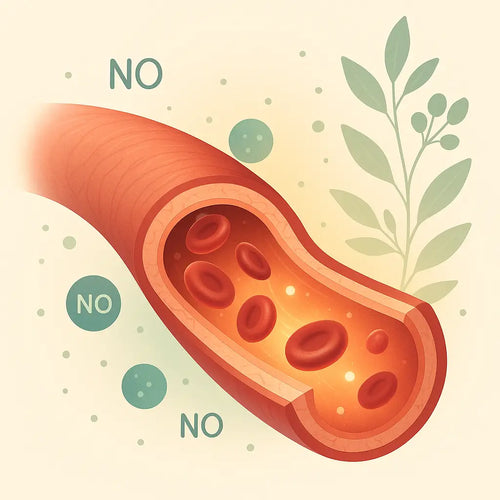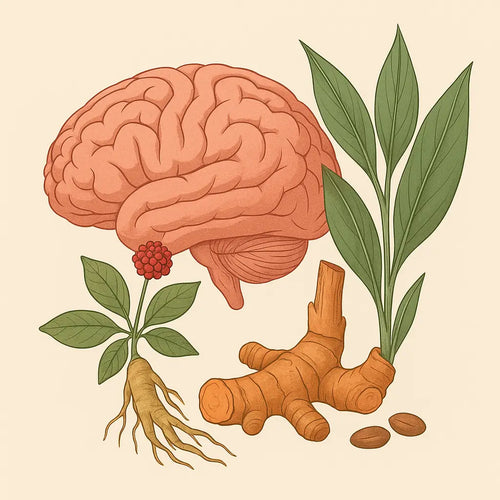
A fresh avocado cut in halfAvocados contain a lot of fat, including a certain type of fat called monounsaturated fatty acids, which are beneficial. How beneficial are they?
The reviewed research compared a low fat diet (24% fat) with two moderate fat diets (34% fat) (Wang L, et al. 2015). The difference between the two moderate fat diets was that one included one fresh Haas avocado a day, while the other one included high oleic acid canola oil to match the fatty acid content of one avocado.
All of the diets provided similar foods except there was more whole grain bread in the low fat diet to make up for the calorie difference between the two moderate fat diets.
This was a randomized, crossover, controlled trial which means that the same participants ate all the diets, but at different times with a washout period in between.
The 45 participant were overweight or obese and ate each diet for 5 weeks.
They were tested for several cardio-metabolic risk factors and the results were very interesting.
The diet which included an avocado a day provided additional lowering of LDL-cholesterol, LDL-P (LDL-particle number) and non-HDL-cholesterol compared with the other two diets. LDL-P is considered to be a more accurate assessment of cardiovascular risk. The amount of the small LDL-cholesterol particles should not be too high.
It was also interesting that the other moderate-fat diet provided more benefits than the low fat diet which included more whole grains. So much for the goodness of whole grains.
It is also worth noticing that in the two moderate fat diets, 6-7% of energy from saturated fat was replaced by mono unsaturated fatty acids and in the low fat diet 6-7 percent of the saturated fat was replaced by grains.









